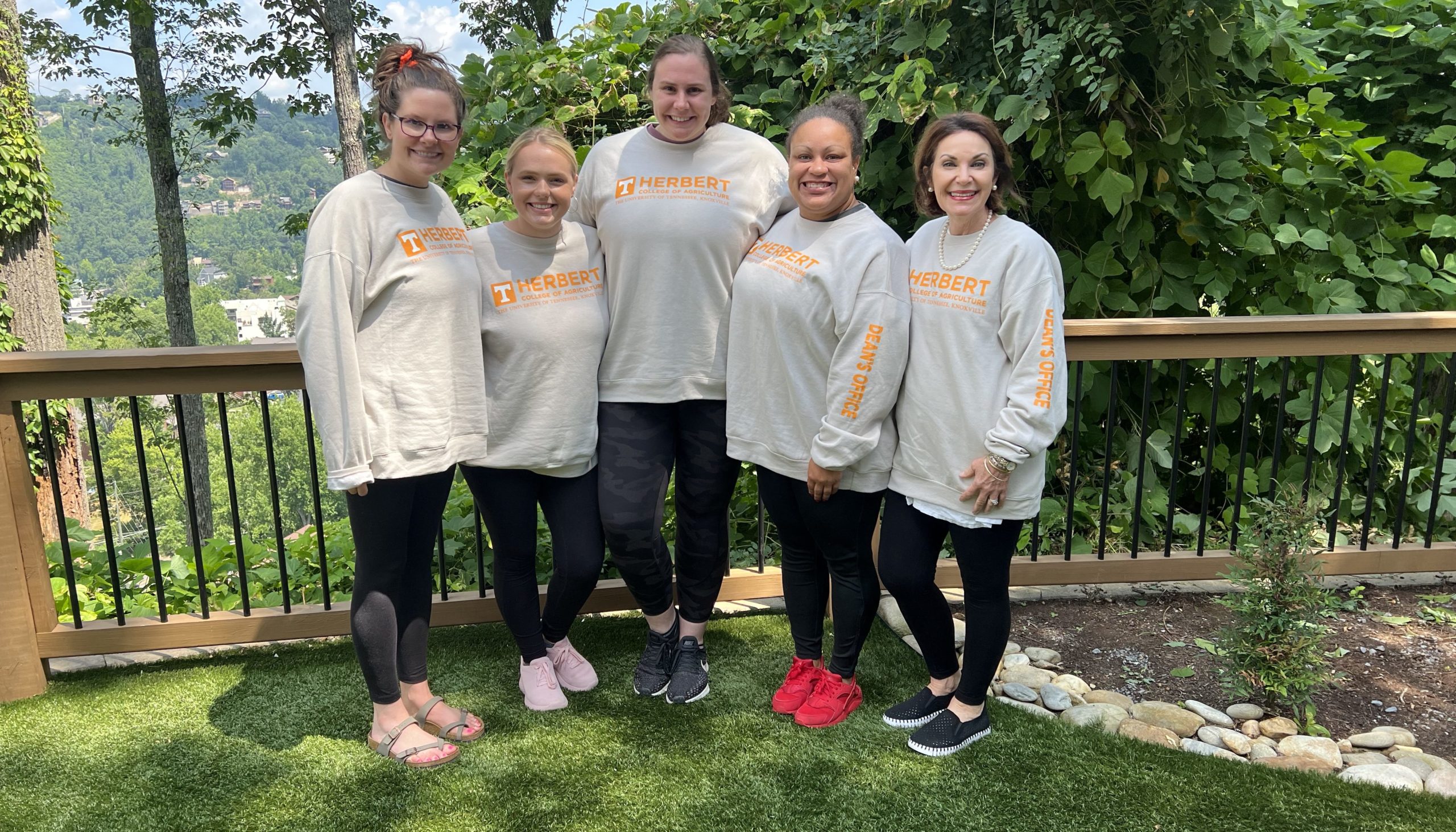Student success is at the center of everything we do in the Herbert College of Agriculture. We strive to empower, support, engage, educate, and connect our students through inclusive and holistic efforts.
How Advising Works in Herbert
Advising at the Herbert College of Agriculture is based upon a hybridized advising model that blends faculty mentoring and professional academic advising. Most departments at Herbert have a student success advisor and will also have faculty mentors. For the departments that do not have a student success advisor, the student will be assigned a faculty advisor.
Who is my Advisor?
Invest in Success
- Academic Calendar: Dates and Deadlines
- Career Information
- Catalog
- GPA Calculator
- Judith Anderson Herbert Writing Center
- MyUTK
- One Stop
- Petitions
- Student Success Center
- Study Abroad Information
- Summer School
- Transfer Student Resources
- Undergraduate Research
Frequently Asked Questions
Tips for New Student Advising
Watch our video for tips on your new student virtual advising appointment.

Log into MyUTK and click on the link or Navigate-Vol Academic Connect. At the bottom of your home page you will find your academic advisor listed.
